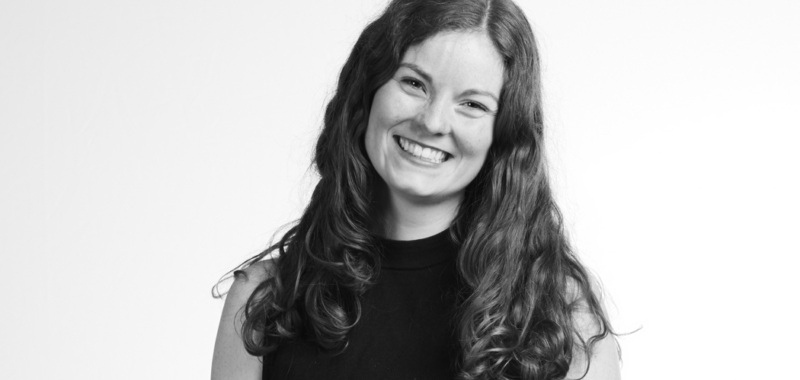Can you introduce yourself?
Madison Wright – After earning my master’s degree in Environmental Management and Policy in Sweden, I began my career at the International Air Transport Association (IATA) in Switzerland, where I worked on strategies to reduce single-use plastics. My career has been driven by a desire to create a cleaner, healthier planet for future generations. For the past three years, I have been a Project Lead at Pentatonic, a platform that enables businesses to extend the lifecycle of products far beyond the initial sale.
What inspired you to pursue a career in the packaging industry?
Madison Wright – Growing up in Seattle, surrounded by natural beauty, I developed a strong appreciation for the environment through hiking and swimming. Witnessing the overwhelming issue of waste, particularly in packaging, motivated me to act.
Living in countries like Sweden and Switzerland further opened my eyes to the potential of sustainable materials and advanced waste management systems. These experiences ignited my commitment to tackling the environmental challenges tied to packaging, an area that impacts nearly every aspect of daily life.
What is one of the biggest challenges you’ve faced as a young leader in the packaging industry?
Madison Wright – One of the toughest challenges is advocating for sustainability within large organizations. While many brands express interest, sustainability initiatives often struggle to secure funding, particularly if they come at a higher upfront cost.
Although we’ve seen progress in recycling, there’s still a long way to go in promoting concepts like refillable packaging. These solutions, though not new, remain underutilized. Addressing resource efficiency and long-term sustainability should be a priority, especially given the finite nature of essential materials.
If you could change one thing about the packaging industry, what would it be and why?
Madison Wright – I would prioritize making all packaging recyclable while eliminating unnecessary materials wherever possible. Recycling is a solid starting point, but the future lies in reusable packaging systems that seamlessly integrate into consumers’ lives.
Packaging design needs to balance functionality with sustainability. For example, imagine a perfume bottle that’s not only elegant but also refillable. Encouraging designers to think along these lines can spark transformative changes in the industry.
How do you see the role of future leaders like yourself in shaping the direction of the industry?
Madison Wright – Future leaders have a unique opportunity to redefine packaging by embracing innovation, efficiency, and waste reduction—all while maintaining product quality. It’s our responsibility to challenge traditional approaches and ask, “How can we do this better?”
Thoughtfully designed packaging can elevate a brand and drive positive environmental change. The next generation of leaders must strive for this balance, pushing boundaries to create a more sustainable future.
What advice would you give to young professionals who are just starting their careers in packaging?
Madison Wright – Speak up and champion sustainability in every role you take on. Change often starts with those willing to ask questions and challenge norms, even outside dedicated sustainability teams. Don’t hesitate to highlight opportunities for improvement —you might be the catalyst for significant innovation.
Courage and persistence are essential. Pushing for change isn’t always easy, but the impact you can make is well worth the effort.
What does it mean to you to be selected as a Future Leaders?
Madison Wright – I’m truly honored to be recognized as a Future Leader. It’s a privilege, and I hope to inspire more people to think critically about where packaging ends up after disposal.
When I was younger, I thought sustainability was only for scientists or technical experts. As someone who loves writing and speaking, I didn’t always see how I could fit in because I didn’t have role models to look up to. Now, I want to be that person for others, especially women, and show that you can use your skills and passion to make a real impact in this space.

